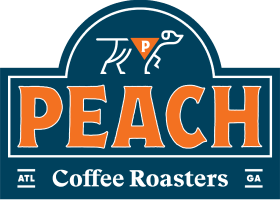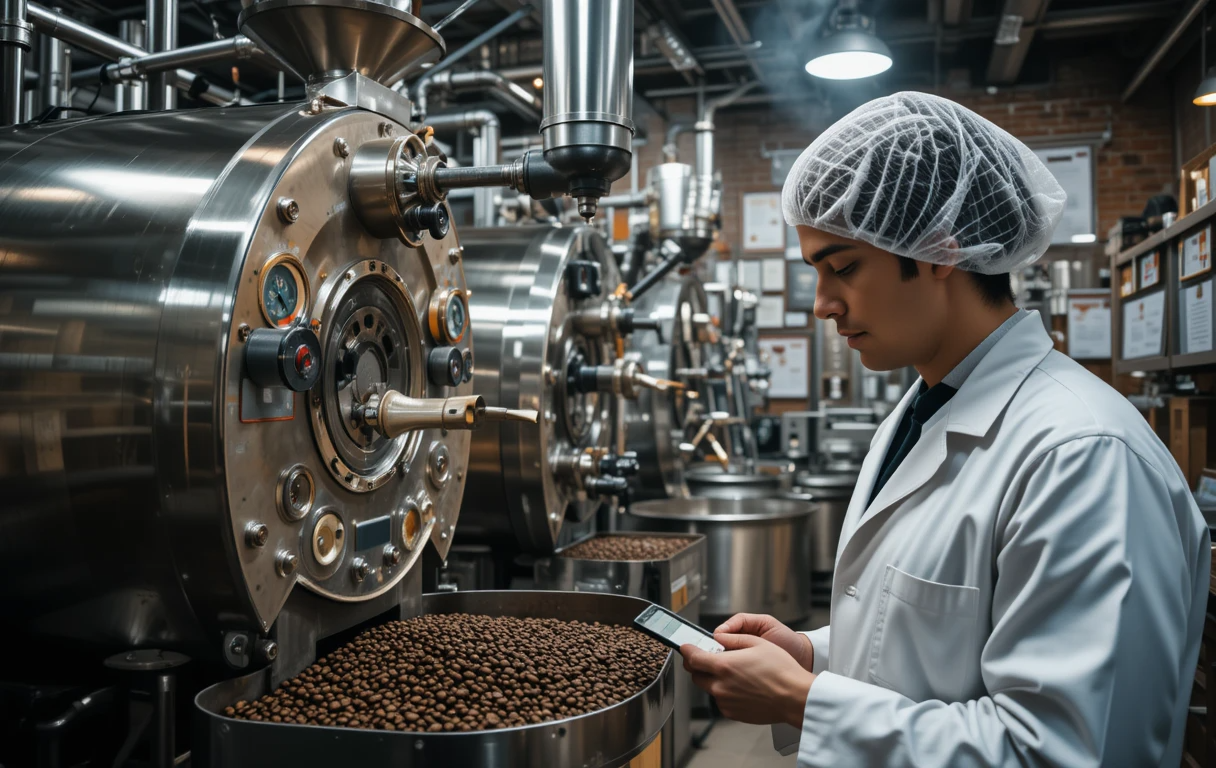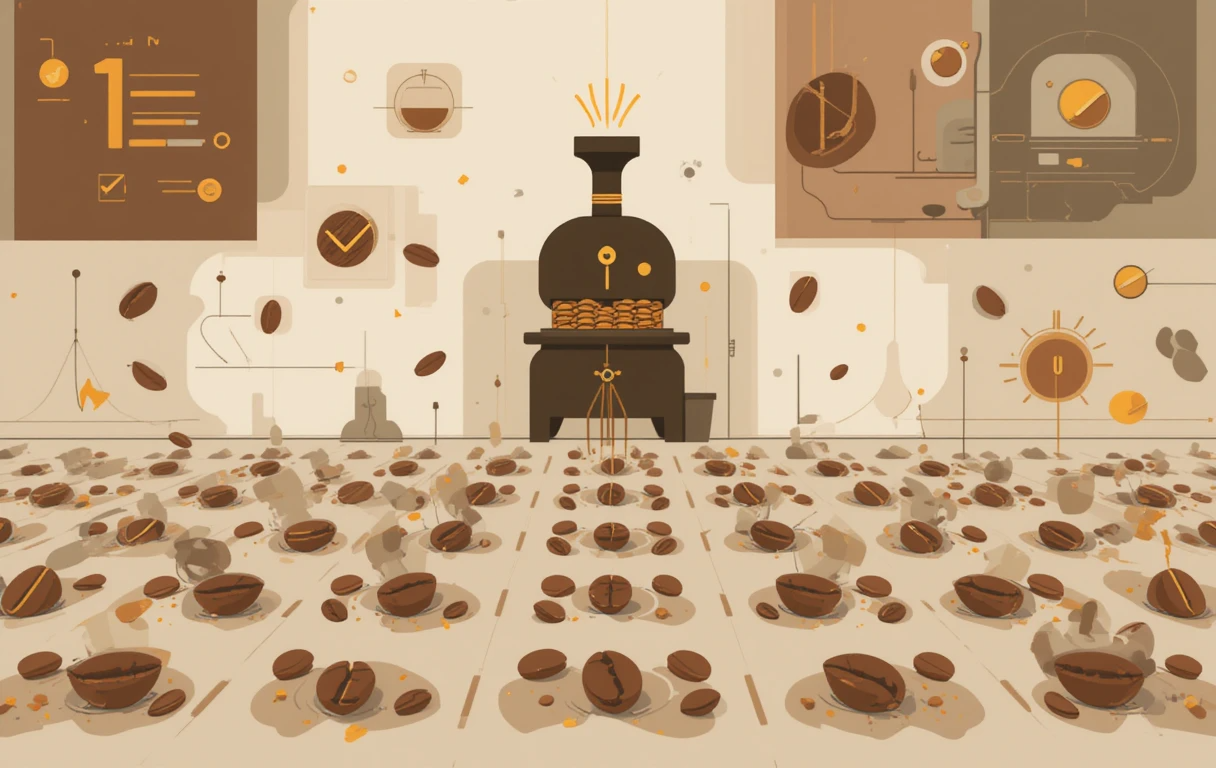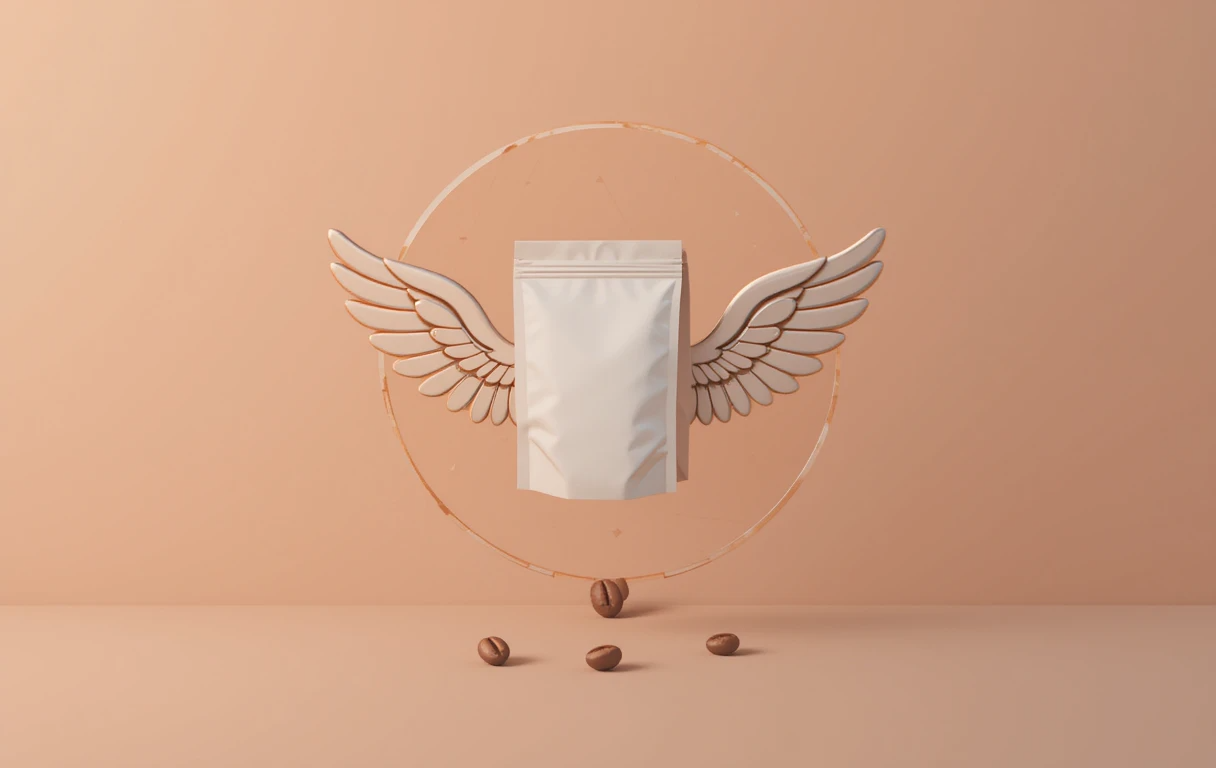As you probably know, the US Army Ranger School is notoriously rigorous. What you may not realize, however, is that the Coffee Quality Institute Arabica Coffee Q Grader course is just as notorious in the world of coffee.
To find out exactly how these two courses compare in terms of difficulty we sat down with David Pittman, the co-founder of Peach Coffee Roasters, to find out a little more about how he was able to tackle becoming an Army Ranger as well as a Q Grader. We’ll also talk a little about what makes Peach Coffee Roasters the supplier of the best coffee beans in Atlanta.

Q: Tell Us a Little About Your Journey So Far
A: In the fall of 2001, I stood on top of a mountain in North Georgia, looking down into a steep ravine, thinking that if I fell down the canyon, I might break my leg and have an honorable way out of Army Ranger School. I was on day 33 of the 61-day course and was told by the Ranger Instructor (RI), who had just graded my patrol, that I had failed. He went on to add that I not only failed but questioned how I had made it this far into the course. I was tired, hungry, and defeated. As badly as I wanted to admit defeat, I turned away from the ravine, and twenty-eight days later, I received the coveted Ranger tab during the graduation ceremony.
Fast forward 16 years, and I am sitting on the steps, with my head between my hands, outside of Saint John's Lutheran Church in Charleston, South Carolina, with the same feeling of defeat. Ten minutes earlier, I had failed the second of 22 tests required to pass the Coffee Quality Institute (CQI) Q-Grader Certification.I had just gotten off the phone with my wife and told her that I did not think I would obtain my Q-Grader license on my first attempt.
Sitting on those steps, I recalled that same feeling of defeat 16 years prior and how I stuck it out and eventually graduated from one of the most challenging military courses in the world. True, a Ranger School candidate is usually slept and food-deprived for 61 days if you're fortunate to make it through on your first attempt, but mentally, the Army Ranger School and the Q-Grader Course are on equal footing. The first-time pass rate for both courses is about the same at around 50 percent.
After clearing my head and shaking off my feelings of failure, I walked back into the training lab to complete the afternoon’s round of tests. I passed 16 out of the remaining 18 tests for the next day and a half. Instead of comparing the course to Ranger School, I started comparing it to a round of golf. If I passed a test, I used that momentum going forward, and if I failed, I refused to let that failure carry over into the next test.
Fortunately, unlike competitive golf, we were allowed one “mulligan” per test in the Q Grader course. After all of the tests were completed, everyone had to retake at least one of the 22 tests. I had to retake four of the twenty-two tests, and one by one, I passed the remaining four tests and earned my Arabic Q Grader License.

Q: So what exactly is a “Q Grader Certification”?
A: The Coffee Quality Institute Q Grader Certification is a 6-day course (3 days of pre-test and three days of testing) where a candidate must pass 22 tests to become a certified Q Grader. The tests relate to the candidate’s ability to accurately and consistently cup and grade coffee according to the Speciality Coffee Association (SCA) cupping and grading standards and protocols, including a thorough understanding of the SCA cupping form.
Becoming a Q Grader is considered to be the most challenging certification in the coffee industry and is often compared to a sommelier in the wine industry. According to the CQI, there are 4,812 Q-Graders worldwide and only 439 in the US. To put that in perspective, there are more professional athletes in the United States than Q-Graders in the world.

Q: What does it mean to be a Q Grader?
A: Upon passing all 22 tests, a professional license is obtained that must be renewed every three years. The Arabica Q - Grader license is the only universally recognized scoring system for specialty coffee, and it allows the Q grader to assign specialty coffee a grade between 80 and 100. Coffees that score in this range are considered specialty-grade coffee, and any coffee that scores below 80 is considered “Non-Speciality.” It is essential to grade specialty and “non-specialty” coffee.
The first reason is that coffees that score in the specialty range tend to bring a premium price, and typically the higher the score, the higher the price. Secondly, coffees that score below specialty are given a report that provides feedback to the producer on how they can improve their coffee in the future. By grading coffee using the Q grading system, the coffee industry continues to improve the quality of coffee around the world.
At the end of the day, the goal of the Q Grader certification is to improve the quality of coffee around the world and provide incentives to farmers to focus on quality and not just quantity. Improving the quality of coffee worldwide is a win-win for everyone, from the farmer to the consumer, because everyone enjoys a great cup of coffee.

Q: Where can you go to find Q Grader prepared coffee?
A: Simple! Visit one of Peach Coffee Roasters Atlanta locations or you can order our coffee, including our Guji, Ethiopia coffee and Sumatra coffee beans, online! Peach Coffee has three licensed coffee Q Graders on staff, which is the most in Georgia and most of all 50 States. Having three licensed Q Grader on staff has more benefits than being certified to evaluate and grade coffee. In addition, we have developed a training program for all employees, from our production team to our baristas in our cafes, ensuring we speak a common coffee language.



